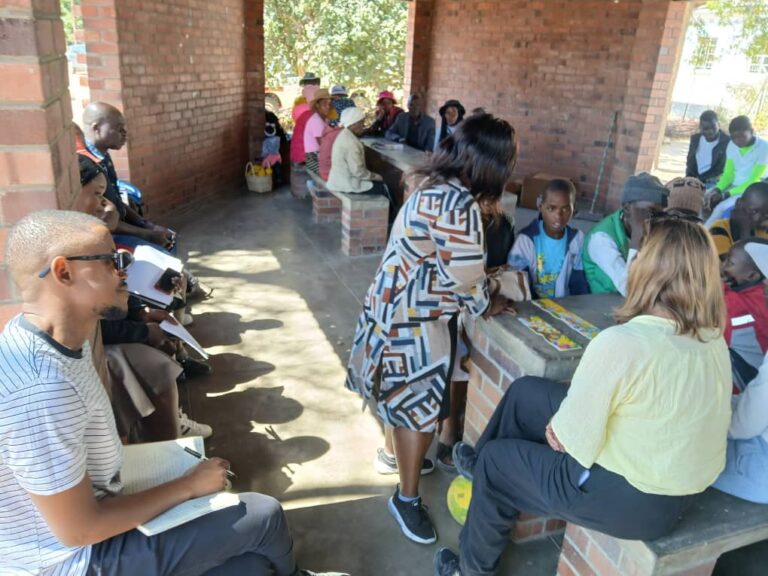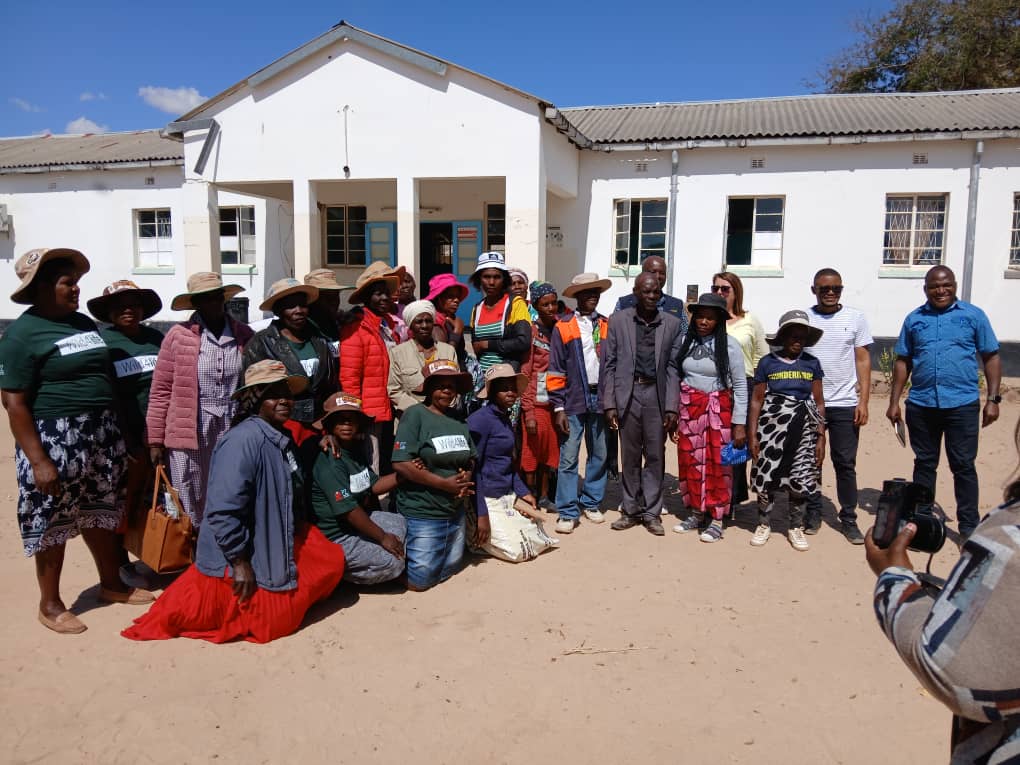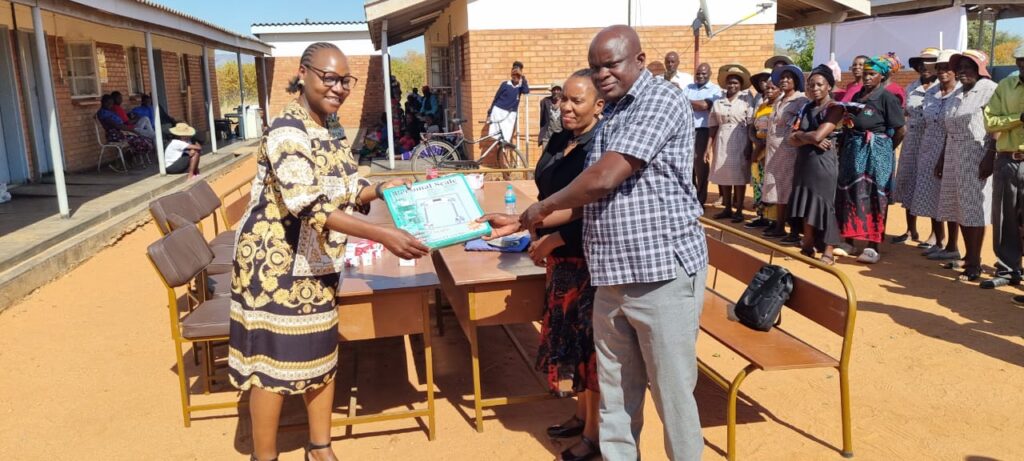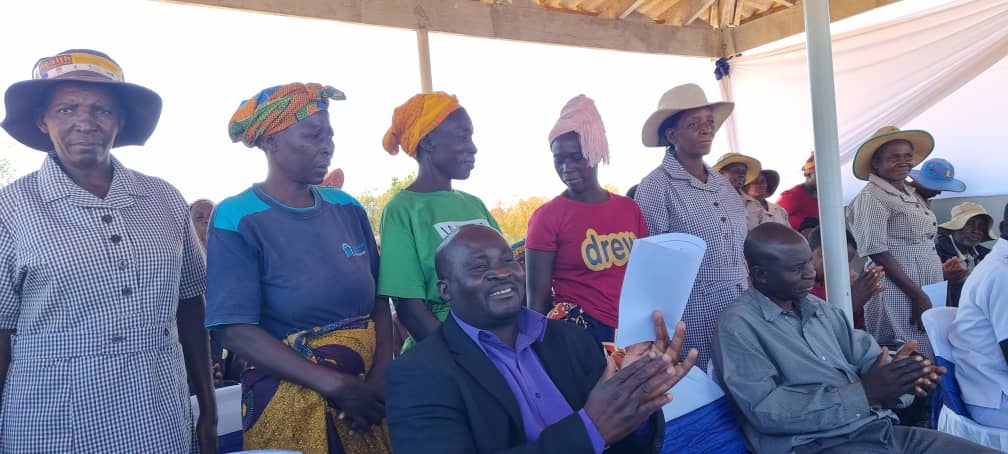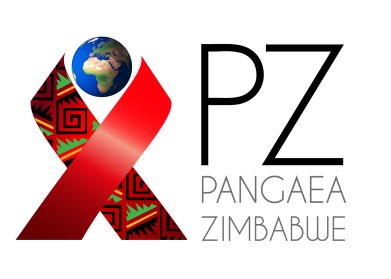
Purpose
Wild4Life Health operates under the auspices of Pangaea Zimbabwe (PZ) and is dedicated to addressing critical health service access issues faced by vulnerable populations in the Binga, Hwange, and Lupane districts since 2009. The project aims to transform the lives of underserved communities by enhancing access to quality, responsive, evidence-based, person and people-centred comprehensive health services. The approach emphasizes collaboration through facility and community engagement, coupled with robust policy advocacy, to ensure sustainable health improvements in the targeted areas. This initiative aims to tackle the challenges and barriers that hinder access to primary health services in underserved rural communities.
Target Population
Rural communities in Zimbabwe, with a focus on vulnerable groups including children, women, and the elderly.
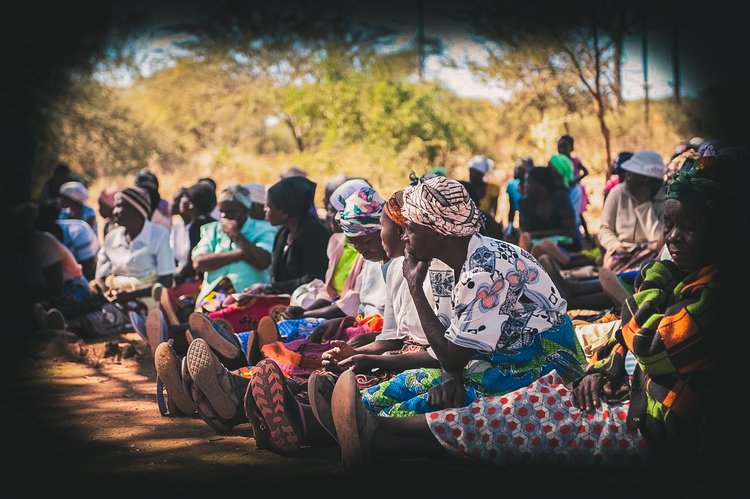
Geographic Location
Lupane, Binga, Hwange
Key Strategies
Facility and community engagement
Robust policy advocacy
Integration of digital health solutions
Gender-transformative interventions
Capacity building and mentorship for healthcare workers
Major Activties
The program focuses primarily on enhancing access to high-quality, comprehensive primary health care through a targeted approach comprised of 6 core interventions summarized below:
- Human Resources for Health (HRH) – this pillar focuses on capacity building and mentorship of healthcare workers (HCWs), village health workers (VHWs), and other allied health staff. The pillar ensures continuous professional development of healthcare workers (HCWs), village health workers (VHWs), and other allied health staff through clinical mentorship, in-field mentorship, supportive supervision, and skill-building in service delivery. Wild4Life team and Ministry of Health district mentors carry out integrated mentorship visits to health facilities and outreach services, train, mentor and support Village Health Workers in the field to improve community-based health services delivery and also carry out regular review meetings and skills-building workshops for HCWs and VHWs.
- Health Governance and Leadership – this pillar focuses on strengthening District Health Executives (DHEs) for effective health governance, leadership and accountability, supporting Health Centre Committees (HCCs) to foster community ownership and promote local accountability and a link between communities and health facilities. Wild4Life team support the DHE in conducting district mentorship on data-driven decision-making and leadership practices, HCC trainings on roles, advocacy, and management of community health priorities and resources and facilitating regular HCC meetings to ensure community voices are heard.
- Continuous Quality Improvement (CQI), Data Quality, and Digital Health – this pillar focuses on data quality assessments and improvements, utilizing digital tools to guide improvements and integrating CQI processes into service delivery to address gaps. Wild4Life team carry out quarterly Data Quality Assessments and audits (DQAs) and data review meetings, data abstraction, introduces digital health solutions for improved data collection and facility-led CQI projects to identify and address service delivery bottlenecks.
- Community engagement and structures – this pillar seeks to transform gender norms and empower communities through community dialogues, GNT sessions and working with community leaders for social accountability and strengthen community-based structures to demand quality healthcare. Wild4life team organises community dialogues on maternal health, gender equity, health rights and other topical health issues and conducts community-led health campaigns and health promotion activities.
- Service delivery innovations – this pillar seeks to enhance healthcare delivery through Differentiated Service Delivery (DSD) models like CARGs, FARGs and private sector partnerships. It also seeks to improve access to healthcare services via integrated outreach and addressing logistics and supply chain challenges. Wild4Life program conducts monthly integrated outreach services to underserved communities and strengthening cold chain and supply chain logistics to ensure availability of essential commodities. The program plans to plan the DSD for private sector engagement for expanded access to care through pharmacies.
- Cross-cutting and emerging health issues – this pillar integrates NCDs, mental health, neglected tropical diseases (NTDs), climate change and other emerging health priority and topical issues into programming. The Wild4Life program will initiate community screening for NCDs namely hypertension and diabetes, train and mentor healthcare workers on mental health integration and promote health resilience to climate change through community training, sensitization and outreach health education campaigns on climate change impacts on health.
Framework Linkages
The Wild4Life model is closely linked to key national, regional, and international health frameworks:
Primary Healthcare (PHC) – Alma Ata (1978) & Astana (2018)
Rooted in the PHC approach, ensuring comprehensive, affordable, community-based care.
Upholds PHC core principles: equity (targeting underserved rural communities), community participation (strengthening HCCs and community dialogues), multisectoral collaboration (linking health with social and environmental determinants), and integrated care (combining preventive, promotive, curative, and rehabilitative services).
Universal Health Coverage (UHC)
Improves access through outreach and Differentiated Service Delivery (DSD) models.
Promotes financial protection by addressing barriers to service access.
Strengthens quality through mentorship and Continuous Quality Improvement (CQI) processes.
Ensures equity by focusing on the hardest-to-reach populations.
Sustainable Development Goals (SDGs)
SDG 3 (Good Health & Well-being): Universal access to quality services, including maternal and child health, NCDs, and mental health.
SDG 5 (Gender Equality): Gender norms transformation through community dialogues.
SDG 13 (Climate Action): Promotes climate-resilient health systems and community empowerment.
SDG 17 (Partnerships for the Goals): Collaboration with public and private sector partners.
Outcomes
Improved access to primary healthcare services in underserved rural communities
Enhanced capacity of healthcare workers and community health structures
Strengthened community engagement and ownership of health services
Better data quality and continuous improvement in health service delivery
Integration of emerging health priorities into community health systems
Monitoring and Learning
Quarterly assessments and audits to monitor service delivery
Use of digital tools for data collection and analysis
Feedback loops to optimize health interventions and ensure continuous quality improvement
Resources
